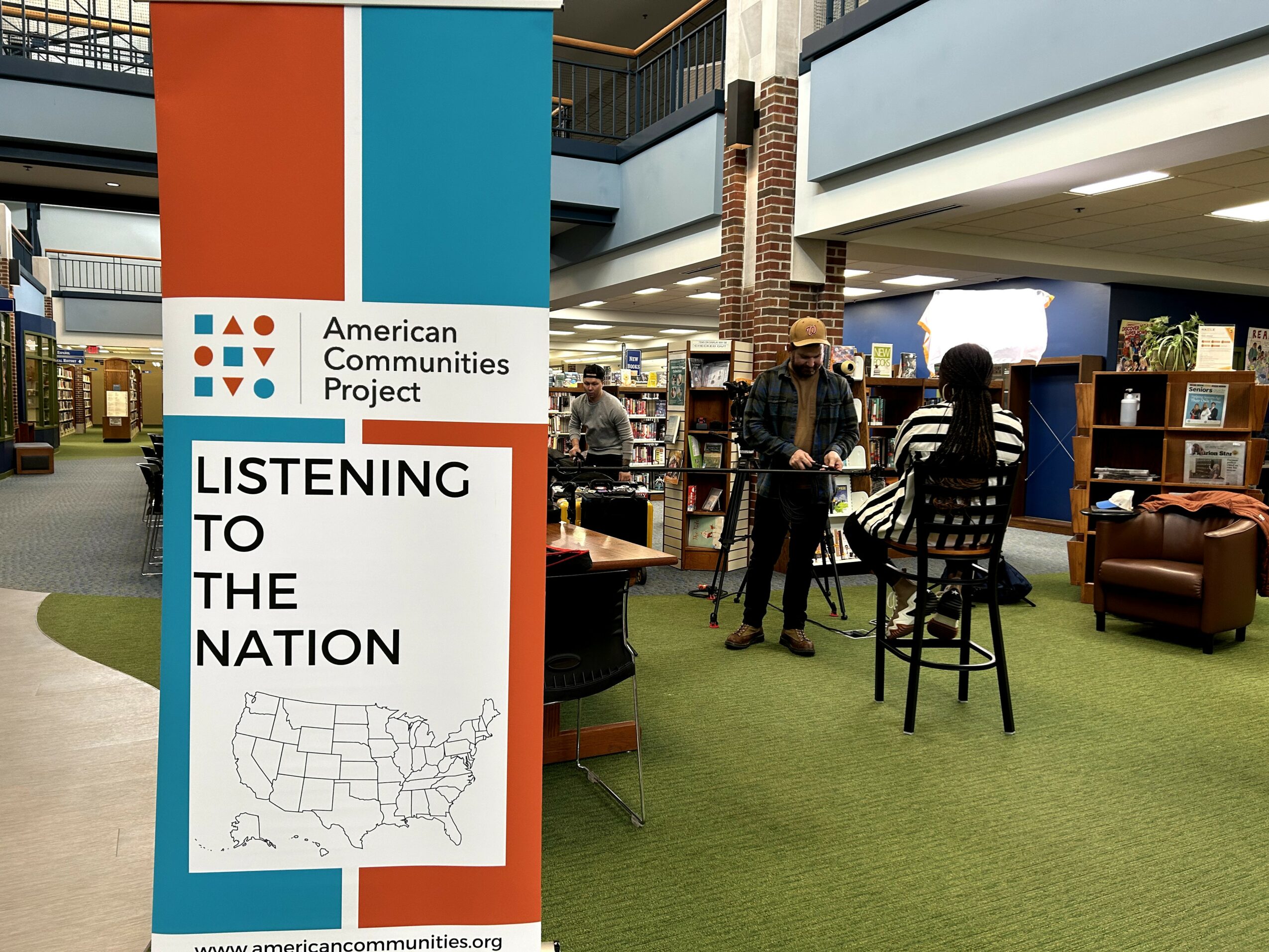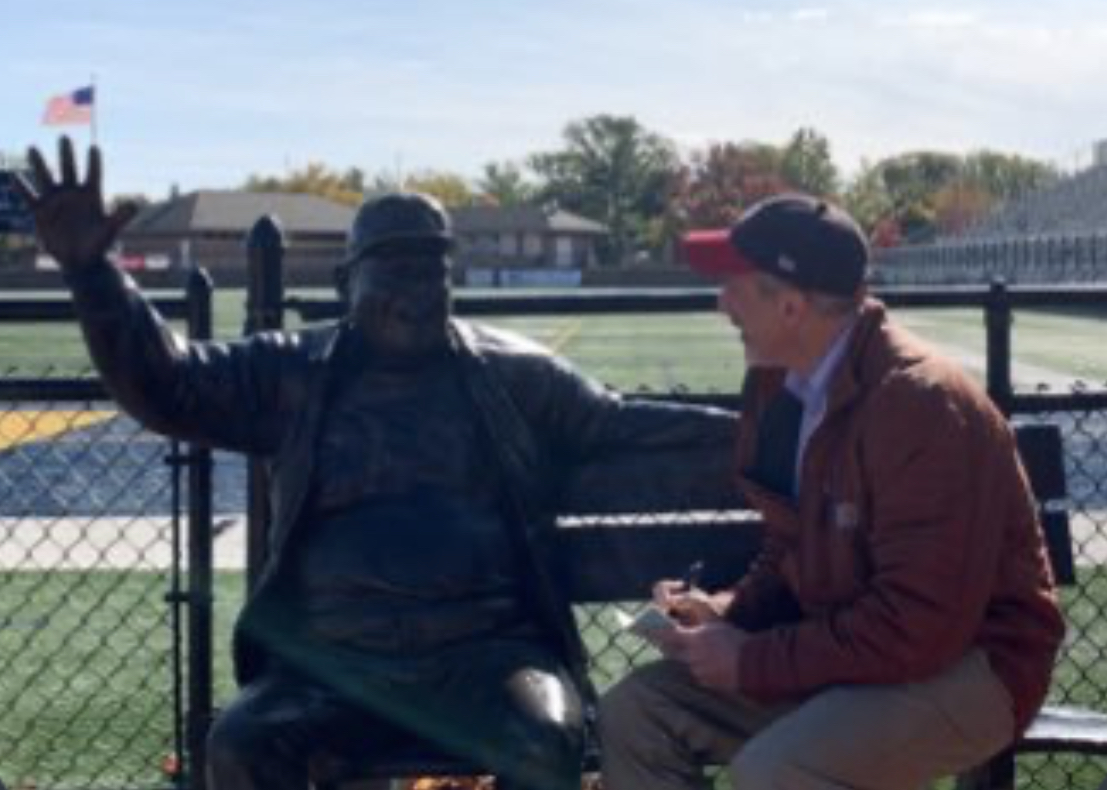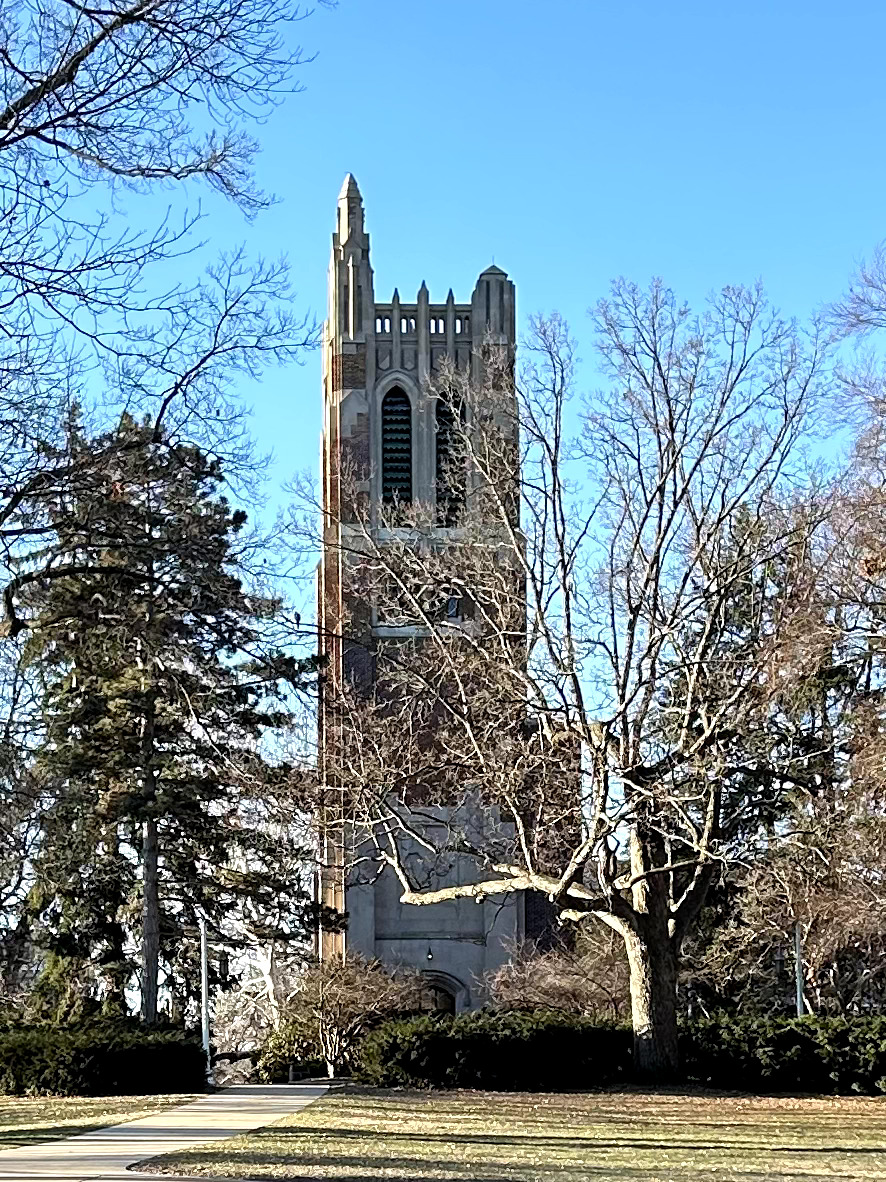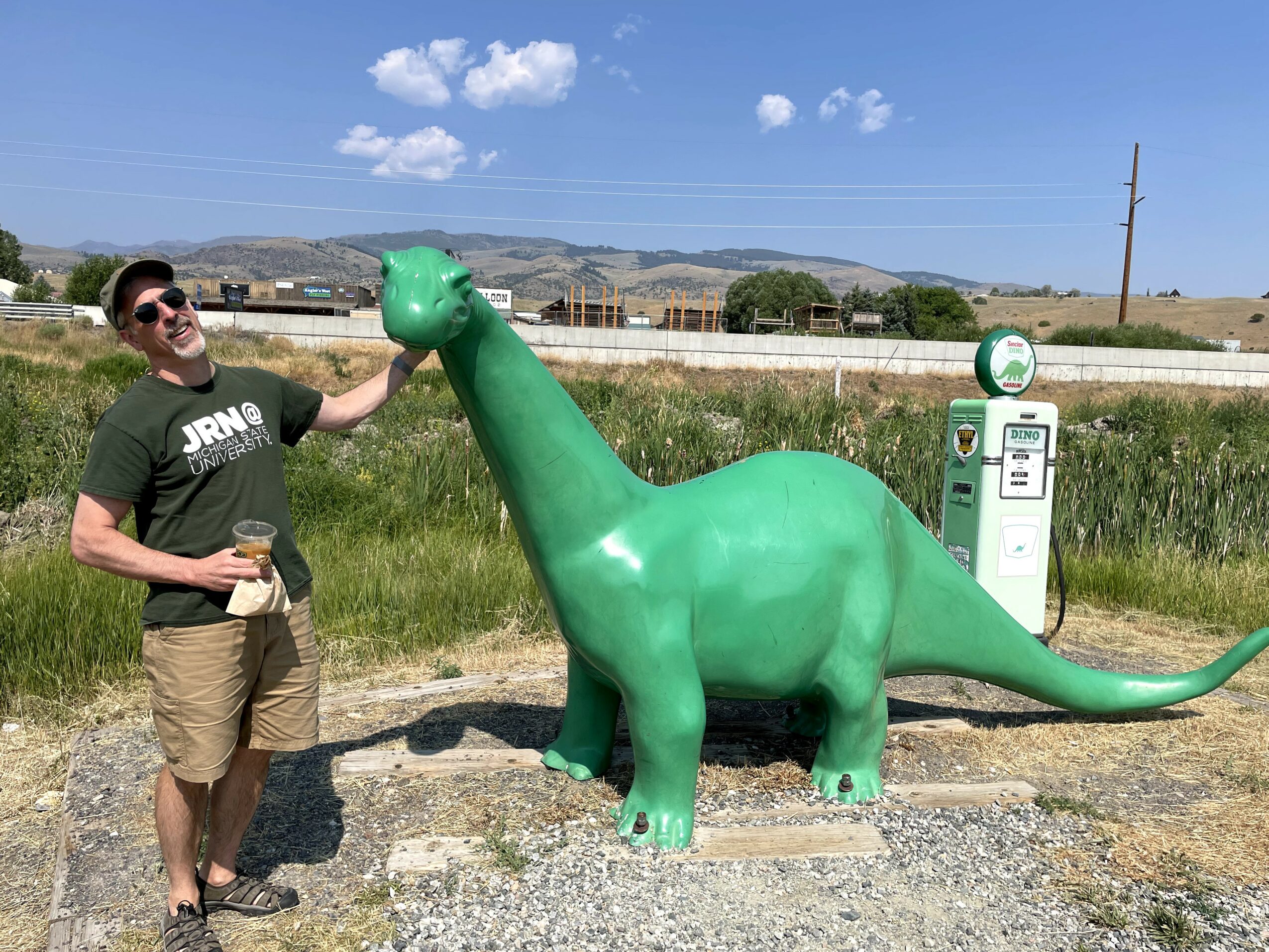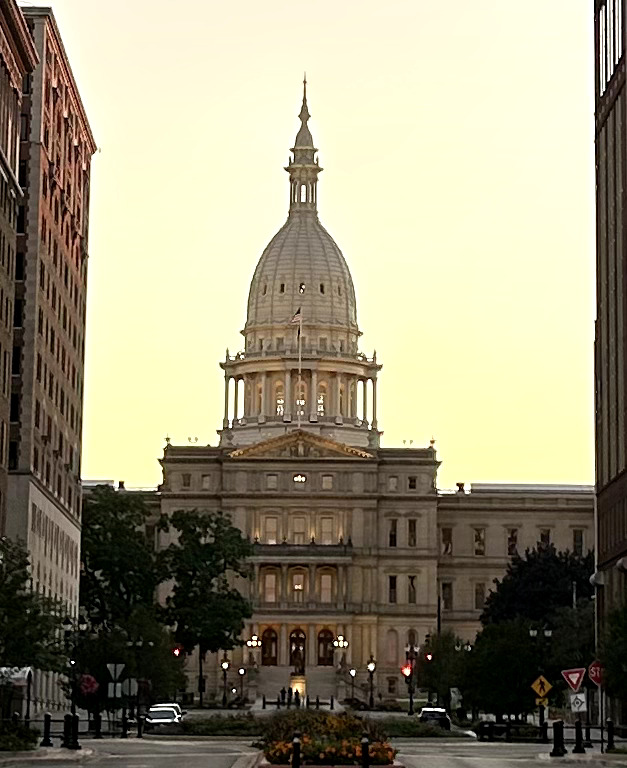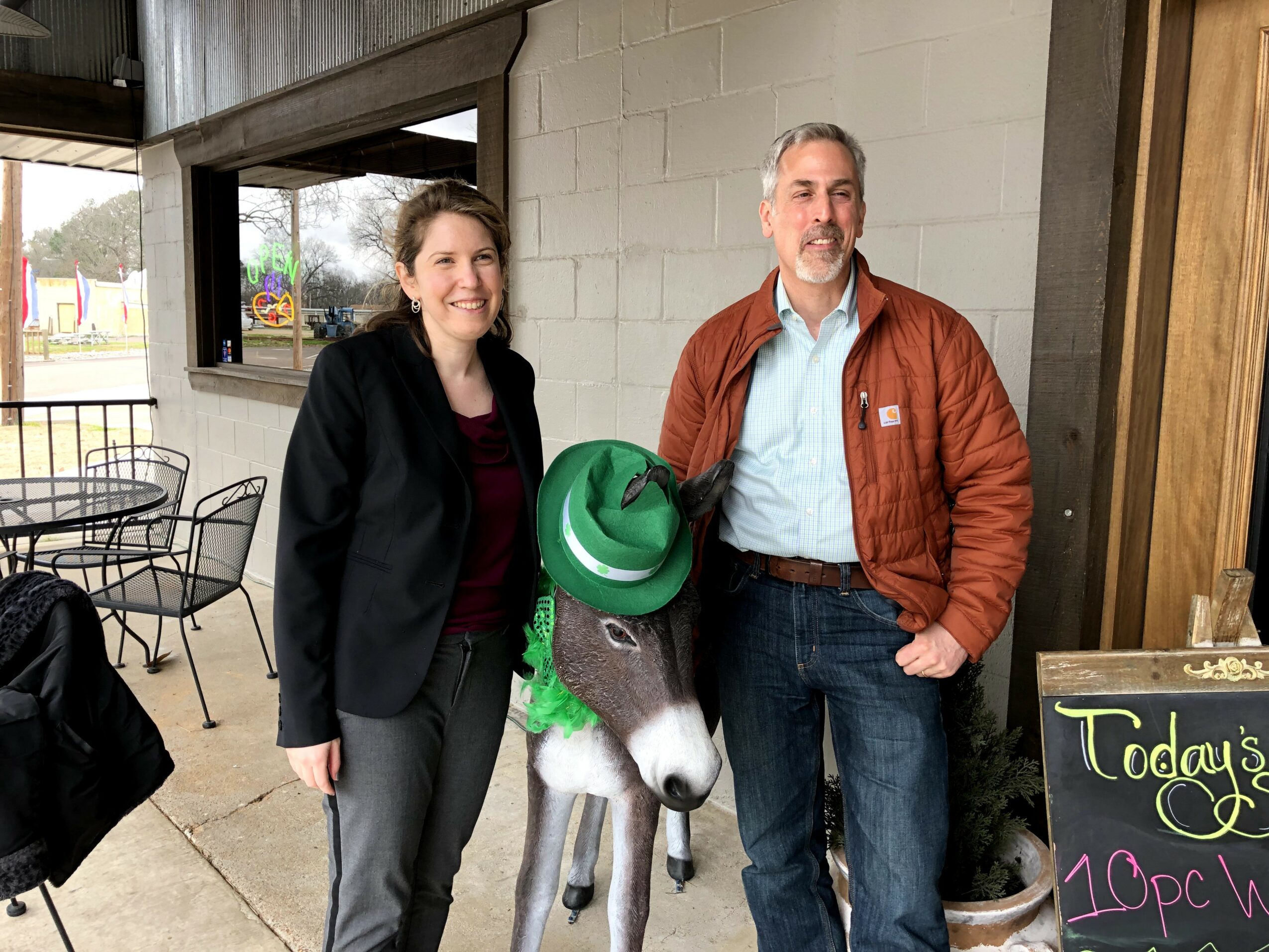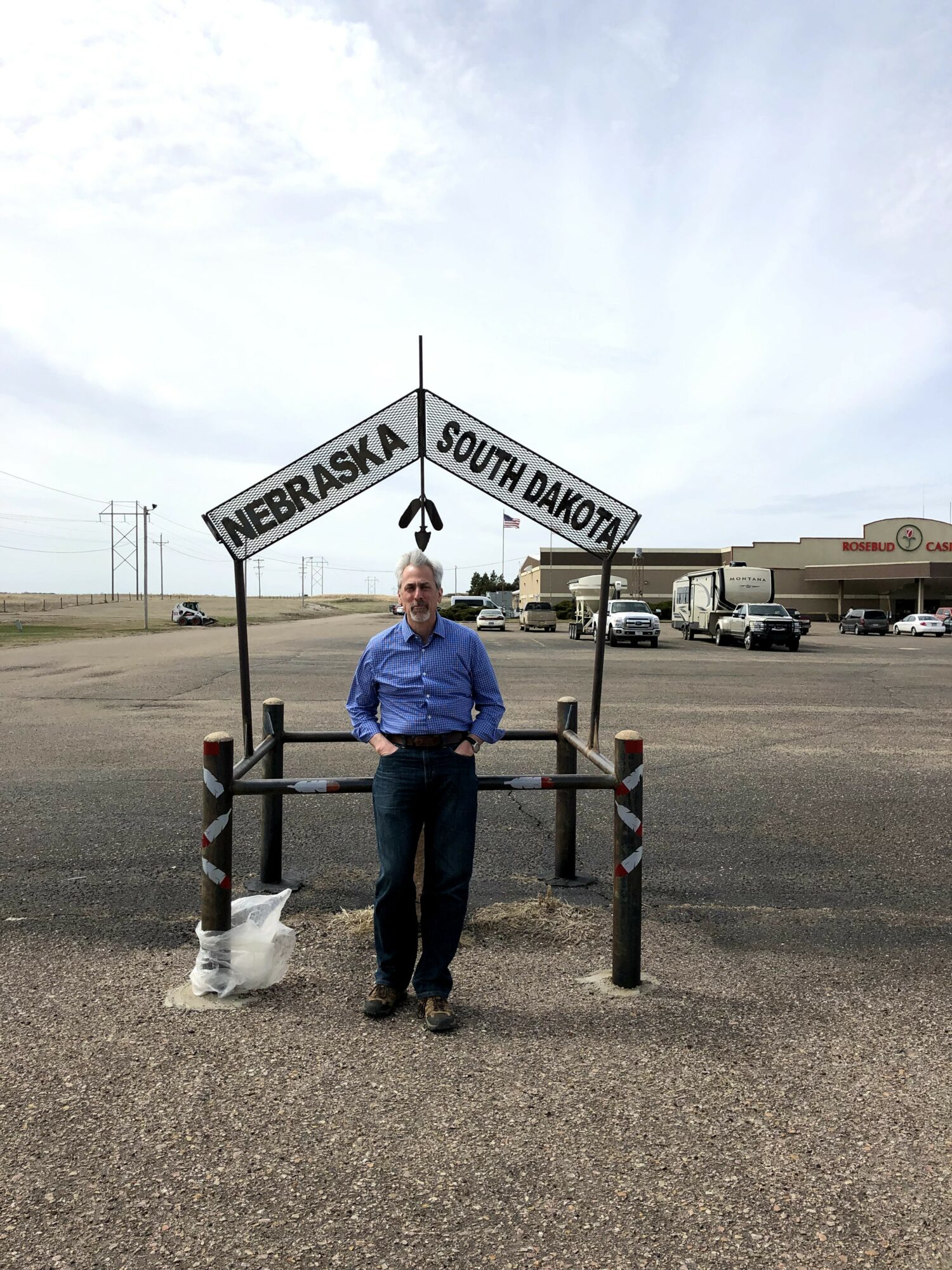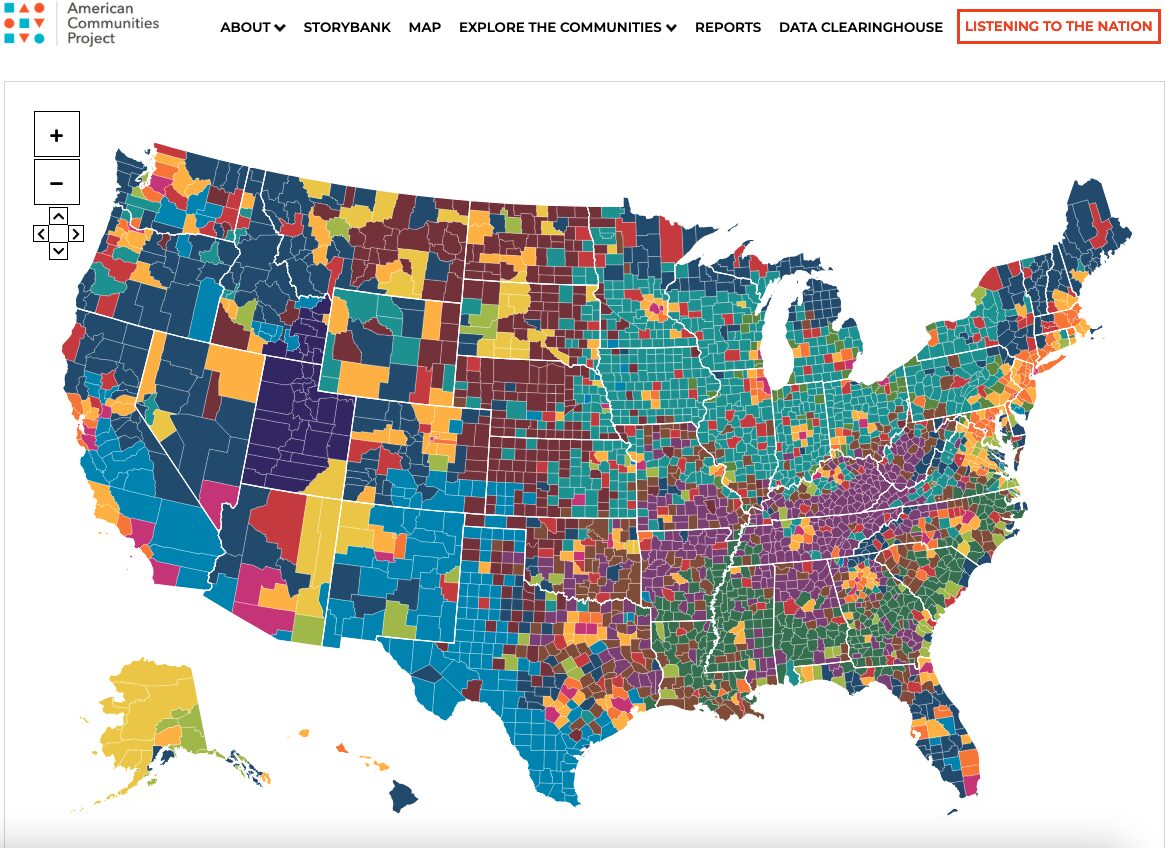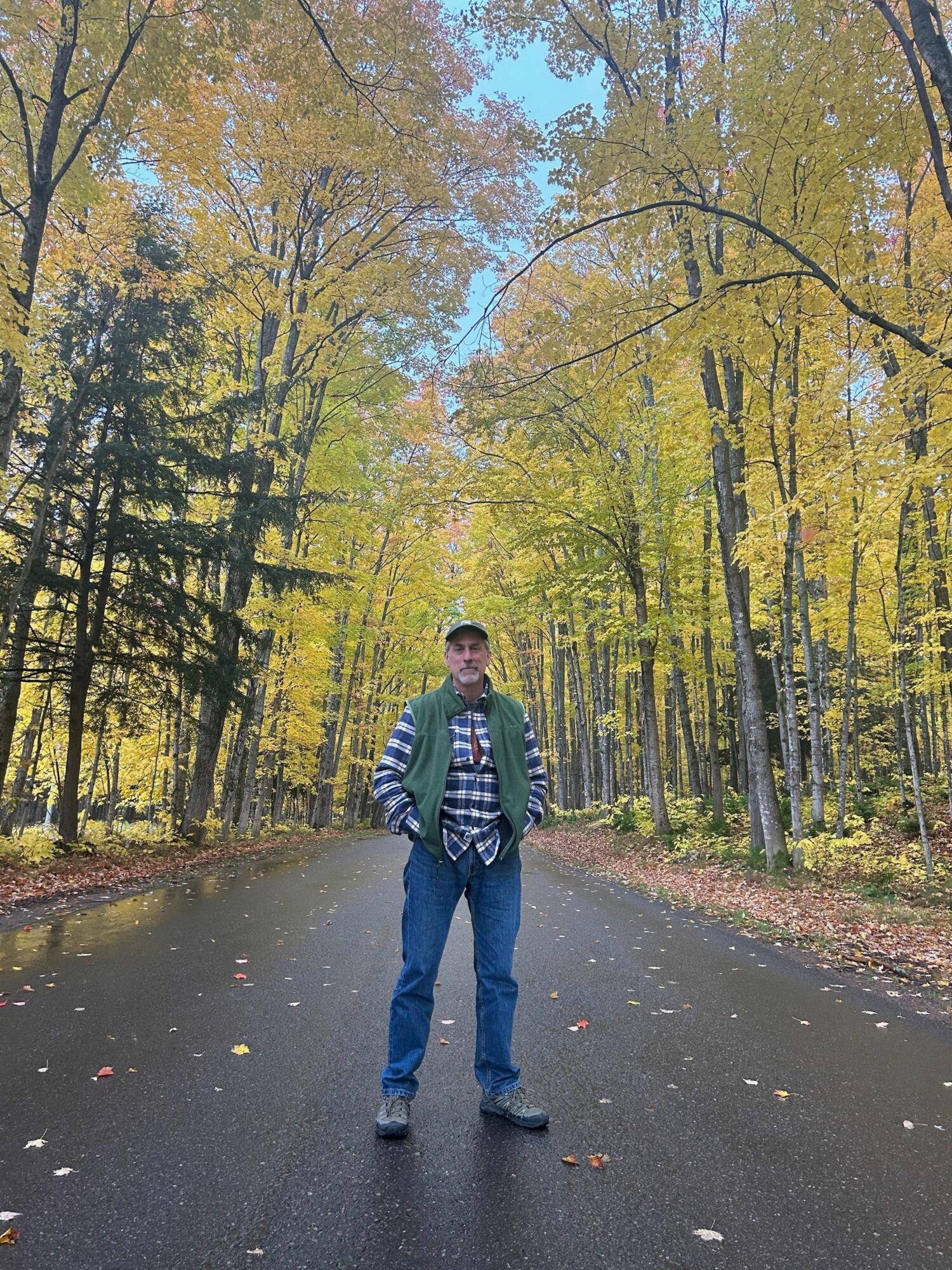

Today we’d like to introduce you to Dante Chinni
Hi Dante, so excited to have you on the platform. So before we get into questions about your work-life, maybe you can bring our readers up to speed on your story and how you got to where you are today?
I grew up outside Detroit in Warren Michigan and developed an interest in writing, ending up an editor and columnist on my high school newspaper. After high school I went to Eastern Michigan University for my freshman before transferring to Michigan State University, where I majored in journalism and history. That’s where I really fell in love with journalism and decided I wanted to make a career of it. I graduated in December of 1991, in that recession and spent a year doing internships around Michigan, before landing one in Washington DC, covering politics and policy. I hooked on with a small newsletter publisher out in DC and begged and cajoled myself into a reporter/researcher position at Newsweek magazine in New York City the 1990s. That was where I started working with data on the graphics desk – and where I met my wife Christina.
We moved back down to DC and I connected with the Pew Research Center where I got more deeply into the world of data reporting and what data can tell us and how some numbers can reveal a lot about unexpected things. It was also where I came up with the idea behind the American Communities Project – using data to identify 15 different types of communities and using those types to understand how different kinds of communities see the world. In this time, I also started working with the Wall Street Journal’s Washington Bureau doing data reporting and producing the weekly Data Download segment for Meet the Press with Chuck Todd.
After trying a few different institutions, I brought the American Communities Project back home to Michigan State, where it is currently based with funding from the Robert Wood Johnson Foundation. The Project is currently studying what we call “American fragmentation” how communities seem to be moving farther and farther apart from each other based on political, cultural and socioeconomic differences, We use a combination of surveys, data analysis and old-fashioned on-the-ground reporting to try to understand how and why communities see the world so differently. The project is driven by data and can seem complicated, but behind it all is a simple idea: the place you live and the people you know and associate with greatly impact how you see the world and reality.
The Project has, happily, become a much bigger focus of my work. I find it fascinating and Michigan State has been a great partner. I spend a week or two every month in the state working with students. I try to teach them how to do the work I do and help them get their work into the Detroit Free Press, which has also become a great partner.
Would you say it’s been a smooth road, and if not what are some of the biggest challenges you’ve faced along the way?
There are always struggles along the way. I have been working on this project, in one way or another since 2008. It’s always work to get people to buy into what we are doing and to find partners. There was a year in there where I had to keep the project afloat on my own, but I did that by finding like-minded academics and journalists who see the world the way I do. But you can always find them if you look.
Alright, so let’s switch gears a bit and talk business. What should we know about your work?
I think the thing that sets me apart is I have found a niche that straddles the line between journalism and social science. I get to look at numbers and write analyses, but, more important, I still get to go out and meet with real people. I get to visit places off the beaten path and talk to people I wouldn’t meet in my usual life. I think I have a unique understanding of the nation that takes into account all the different kinds of people and places that make up a very complicated country. I think I’m one of the rare people who likes the data AND the people. I wouldn’t want to do just one or the other.
A lot of people get into journalism because they like to write or they want to be on TV or they want to be the first one to tell people about everyone. I like to write and scoops are nice, but I honestly do what I do because I WANT to understand people and who they are and why they do what they do. I want to tell people what I’ve learned, but I get the biggest thrill from the learning and I do it with a combination of old and new journalism/research skills.
The crisis has affected us all in different ways. How has it affected you and any important lessons or epiphanies you can share with us?
Covid-19 taught me (and my colleague Ari Pinkus) how to conduct interviews from abroad. It is ALWAYS better to travel. It’s the best way to truly understand people when you go out and report , but we found ways to make it work with Zoom and other video platforms.
As for personal lessons, I think it made me realize that time CAN be flexible. My kids were getting older (they are both in college now at Michigan State) so I took time to go for walks with them during the day and have lunch together and get coffee. I think being in an office offers a lot of advantages, especially in something like journalism, where the cross-pollination of ideas is a big part of the job. But stepping away from work and being with loved ones can be rejuvenating. Giving your mind a break from tasks can be better for you mentally and better for your work.
Contact Info:
- Website: https://www.americancommunities.org/
- Facebook: https://www.facebook.com/dchinni1
- Twitter: https://x.com/Dchinni
